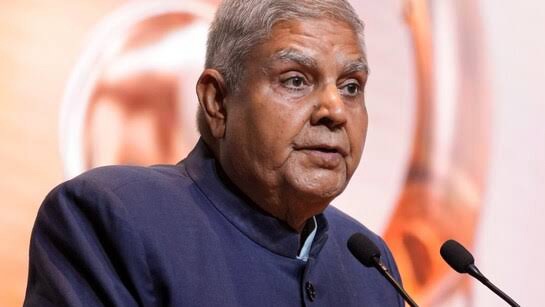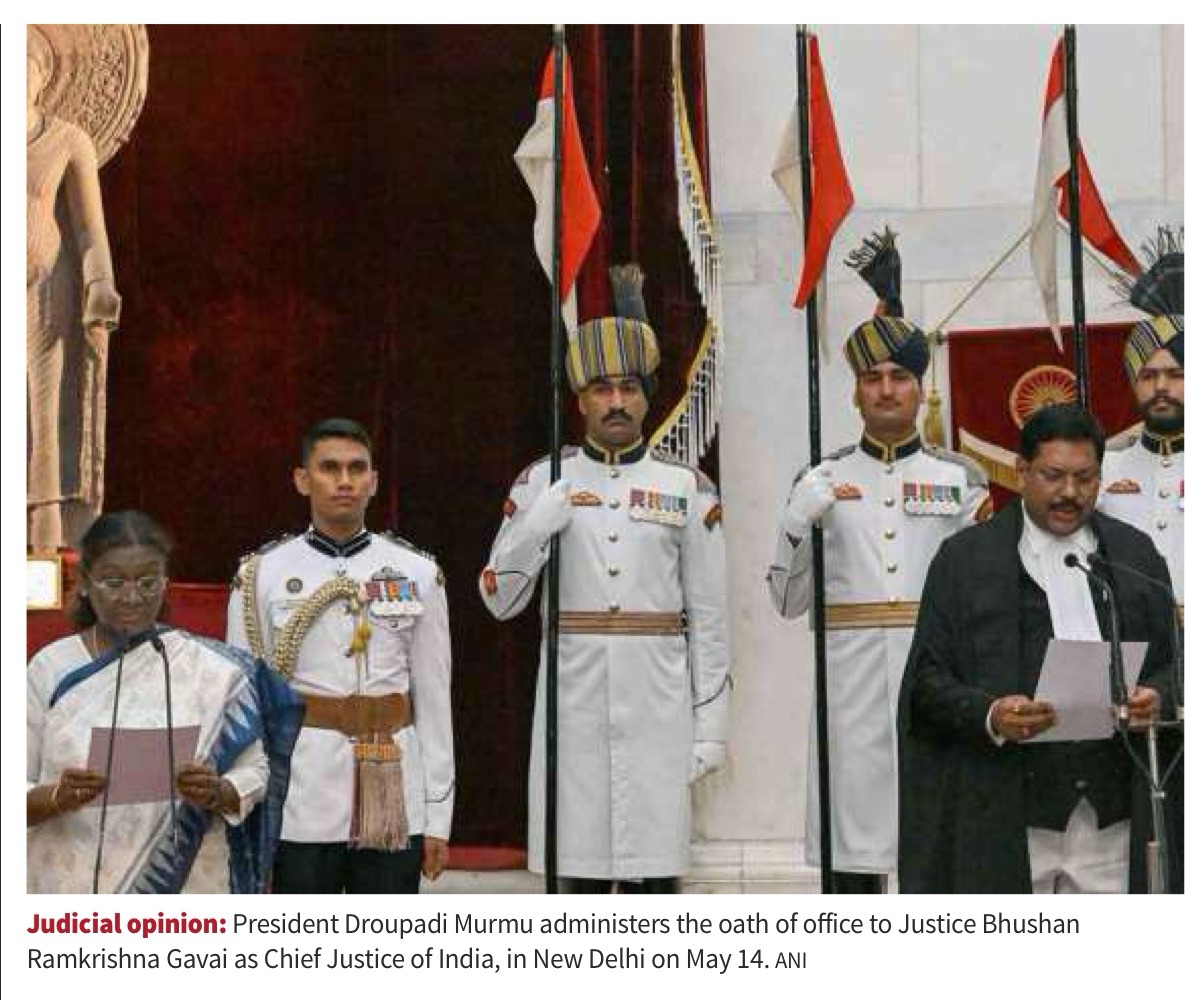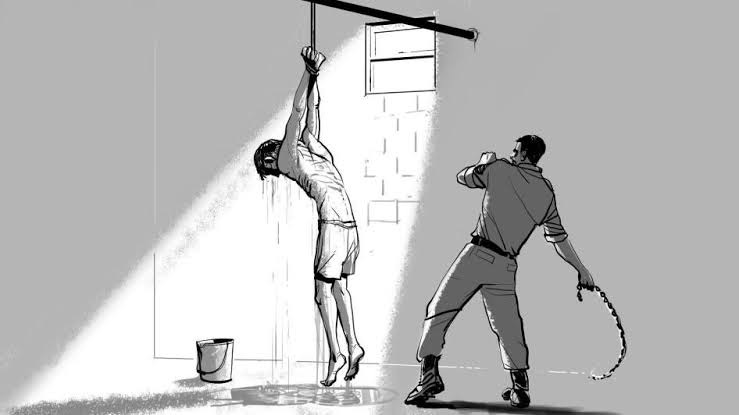
Vice-President Jagdeep Dhankhar’s abrupt resignation—citing health reasons—has raised concerns over the growing tension between the executive and the legislature. As Chairman of the Rajya Sabha, his move is unprecedented, especially since his public engagements were scheduled and he was actively chairing Parliament just before the resignation. The real trigger appears to be his conflict with the government over initiating removal proceedings against judges, including one from the Delhi High Court, which reportedly contradicted the government’s plan. Dhankhar’s assertiveness on issues like judicial accountability, parliamentary supremacy, and his controversial stances on the Constitution’s “secular” and “socialist” tenets brought him into direct confrontation with the government. His acceptance of Opposition-led impeachment motions and broader critiques of judicial conduct reflect an effort to assert legislative oversight—but ended in institutional friction. His resignation, therefore, is being seen as a setback to parliamentary independence and balance among constitutional organs, highlighting growing executive overreach.
UPSC Notes – Dhankhar’s Resignation: A Case Study in Constitutional Balance
📌 Constitutional Role of Vice-President:
Article 63: There shall be a Vice-President of India.
Article 64: Ex-officio Chairman of the Rajya Sabha (Upper House).
Role: Presides over Rajya Sabha sessions, ensures order, and acts as a constitutional bridge between legislature and executive.
📌 Reasons for Resignation:
Official: Health grounds.
Real Issues: Collision with executive over impeachment of Delhi High Court judge.
Increasing strain over interpretation of judicial accountability vs. parliamentary supremacy.
Recent moves countering government’s approach toward judiciary.
📌 Key Controversies Around Dhankhar:
First VP to face a motion of removal (filed by Opposition).
Questioned the words “secular” and “socialist” in the Constitution’s Preamble.
Vocal critic of judiciary’s lack of accountability.
Supported parliamentary motions to impeach judges for communal remarks or alleged corruption.
📌 UPSC Relevance – Themes Involved:
Polity & Constitution: Role and powers of VP, separation of powers, checks and balances.
GS Paper 2 – Indian Polity & Governance: Executive-legislative relations Judicial independence vs. legislative oversight
GS Paper 4 – Ethics in Governance: Institutional ethics Accountability of constitutional authorities
🌐 Value Addition from UPSC Perspective
🔹 Judicial Accountability vs Independence:
Justice V. R. Krishna Iyer: “Judicial independence is not judicial indiscipline.”
Second Judges Case (1993): Emphasized independence of judiciary but did not undermine accountability.
NJAC Verdict (2015): Struck down Parliament-led reform—example of Parliament-Judiciary tension.
🔹 Executive Overreach:
Frequent by-passing of Parliamentary debate. Ordinance route used excessively. Diminishing role of Rajya Sabha (e.g., Money Bill misuse – Aadhaar case).
🔹 Parliamentary Conventions:
Resignation of VP without full public transparency raises questions about weakening institutional conventions. Democratic health is measured by inter-institutional harmony, not domination.
📝 UPSC Prelims Style Questions
1. Which of the following statements regarding the Vice-President of India is/are correct?
The Vice-President is elected by the members of Lok Sabha only.
The Vice-President can act as the Chairman of both Houses of Parliament.
The Vice-President holds office for a term of 6 years.
Options:
A. 1 and 2 only
B. 2 and 3 only
C. 3 only
D. None of the above
Answer: D
2. Consider the following:
Rajya Sabha can initiate a motion for the removal of a High Court judge.
The Vice-President, as Rajya Sabha Chairman, has a role in the preliminary scrutiny of such motions.
Which of the above is/are correct?
A. 1 only
B. 2 only
C. Both 1 and 2
D. Neither 1 nor 2
Answer: C
📝 UPSC Mains Questions (GS2 / Ethics)
1. GS Paper 2 (Indian Polity)
Q. The resignation of the Vice-President of India highlights deeper concerns regarding the health of parliamentary democracy in India. Critically examine the implications of such resignations on the institutional balance between the legislature, executive, and judiciary.
2. GS Paper 4 (Ethics)
Q. In the face of institutional conflict, what ethical responsibilities should constitutional office-holders like the Vice-President uphold? Illustrate your answer with reference to recent events.
3. GS Paper 2 (Polity – Separation of Powers)
Q. How far can the legislature exercise accountability over the judiciary without compromising its independence? Discuss in light of recent controversies surrounding judicial impeachment motions.











